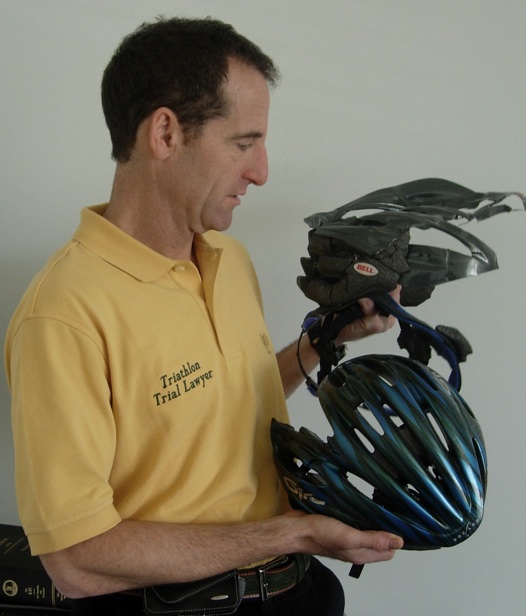"How can you tell if you're more likely to have a concussion or brain injury?"
No matter how fit you may think you are, some things are beyond an athlete’s control. You may be predisposed to head injury and concussion from a bike crash or other sports injury, even if you are wearing a helmet, if you have certain genetic predispositions.

One of the genetic factors that may predispose an athlete toward concussion and loss of consciousness is APOE. This gene provides instructions for making Apolipoprotein E, a protein that binds to fats. But it could be the deciding factor when discussing an athlete’s likelihood to suffer a concussion.
There are three main versions of the APOE gene. These types, called alleles, are e2, e3, and e4. More than half of the human population has the most common allele, e3. But nearly one-fourth of the population has e4, which has been pinpointed to cause late-onset Alzheimers disease and cardiovascular disease.
Having the e4 allele of the APOE gene also makes one 40 percent more likely to suffer a moderate or severe concussion. That is not a statistic athletes can afford to overlook. All the protection in the world cannot stop you from falling down and hitting your head when you least expect to lose your balance. And the e4 allele makes you more likely to suffer brain damage and take longer to recover from what may have originally seemed like a harmless fall.
Here’s what you can do: either have a gene test, which can take valuable time, or be prepared as if you knew you had e4. Spend time finding protection that fits your head well and will not come off while you compete.
Athletes constantly have to push past obstacles and strain their bodies in order to succeed, but do not let your genes stop you. Continue to educate yourself and of course remember the number one rule in athletics: safety first.
